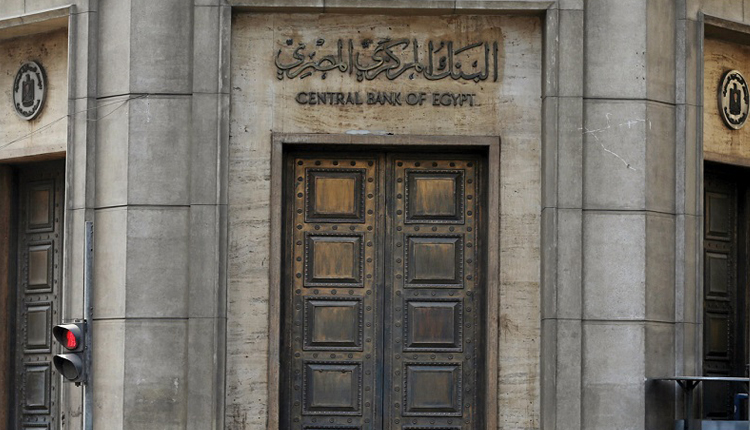The Central Bank of Egypt (CBE) offered on Tuesday treasury bills (T-bills) worth 7 billion Egyptian pounds ($433.3 million) on behalf of the finance ministry, Ahram Online reported.
The CBE offered three-year 3.75 billion pounds T-bills and seven-year 3.25 billion pounds T-bills.
Egypt’s net international reserves (NIRs) dropped for the third month in a row to reach $36 billion by the end of May, the lowest level NIRs have reached since January 2018, when the CBE reported reserves of $38.21 billion, the CBE announced on Sunday.
Since March, Egypt has seen a decline in its NIRs amid the COVID-19 crisis and its implications, which have forced foreign investors to sell their T-bills and bonds.
In March, the CBE disclosed that Egypt’s NIRs had fallen to $40.108 billion as of the end of March 2020, down from $45.510 million in the end of February 2020.
The CBE attributed the decline to the unprecedented blow to the global financial markets arising from the coronavirus pandemic, which resulted in the sharpest reversal of portfolio flows on record from emerging markets, including the Egyptian market.
At the same time, the CBE revealed that it utilised $5.4 billion from its NIR balances in March 2020 to partially cover foreign portfolio investment outflows through the CBE’s FX repatriation mechanism, as well as to accommodate for the domestic market’s foreign currency needs to import strategic goods and the repayment of external debt service obligations due to the dramatic tightening in global financial conditions.
In April, the CBE announced the second drop in a row in NIRs to reach $37.037 billion as of the end of April 2020, down from $40.108 billion at the end of March.
The CBE attributed the decline to the pressure placed on the global markets because of the COVID-19 pandemic, which continues to drive portfolio flow reversals from emerging markets, albeit at a slower pace than in the previous month, where reverse flows peaked.
The CBE said it stands ready to take all necessary measures to preserve the stability of the Egyptian economy under the current exceptional and globally unprecedented circumstances.
The recent drop in Egypt’s NIRs came despite the country receiving a $2.7 billion loan under the rapid financing instrument (RFI) extended by the International Monetary Fund (IMF) in May.
On Friday, Egypt reached a staff-level agreement with the IMF to get a $5.2 billion loan deal under the stand-by agreement that will help it cope with the coronavirus pandemic’s repercussions.
On 20 May, the Ministry of Finance announced it will likely reduce the accepted amounts of T-bill and bond bids issued in local currency until the end of FY 2019/2020, which ends in June.
The ministry said the move came on the back of receiving the IMF’s RFI loan.


